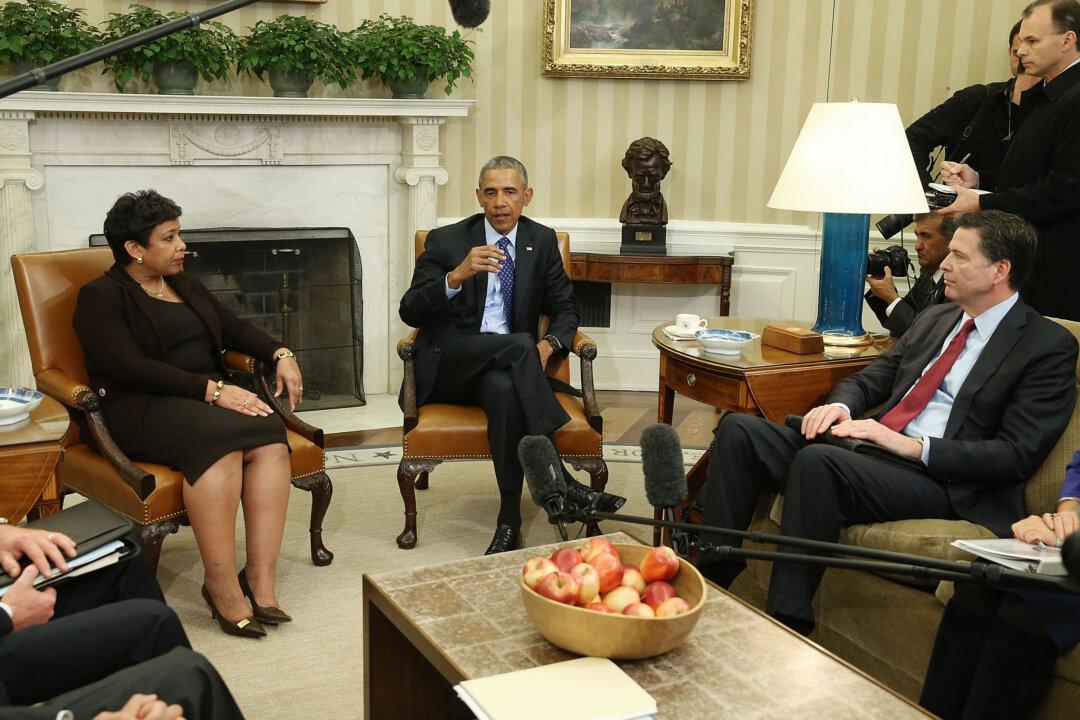The Justice Department (DOJ) under President Barack Obama treated Hillary Clinton and Donald Trump differently in 2016 and 2017, according to the summary of a yearlong investigation by House Republicans released Dec. 28.
While the DOJ potentially abused foreign intelligence surveillance powers to target a Trump presidential campaign associate, its investigation of Clinton “was over before it began,” according to a summary released by the House Judiciary Committee.





